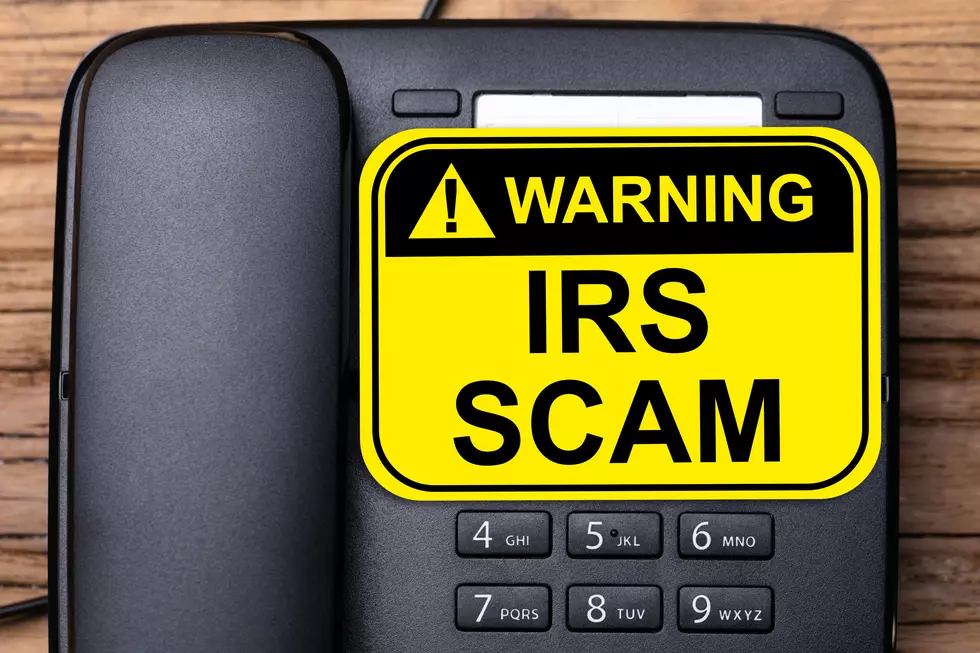
Tax Scam Alert: 5 Things the IRS Will Never Do
As we head down the homestretch of the tax season, it's a prime time for scammers to prey on the unsuspecting.
We have learned to be wary of potential scammers when it comes to credit cards, bank accounts, and taxes - but the scammers keep coming up with new ways to try and trick us.
Scammers are very active at tax time. People who owe taxes, as well as those getting refunds, are vulnerable for different reasons.
One scam that has popped up recently is an official looking document via an email purporting to be from the IRS giving the recipient one day to respond. The form reads:
IRS.gov has determinated that you are eligible to receive a refund of $XXX.XX USD. In order to claim your refund online, you need to complete the required form with your personal information.
If you don't complete the required form you will not receive your refund. This email was sent from a notification-only address that can not accept incoming email. Please do not reply to this message.
Sometimes scammers use the promise of reward to entice their prey, while other times they use threats, scare tactics, and false deadlines.
Here are five things the IRS says it will never do.
1) The IRS will not call to demand payment using a specific payment method such as a prepaid debit card, etc. Generally, the IRS will mail you a bill if you owe taxes.
2) They will not threaten to have you arrested for not paying.
3) They will not demand taxes be paid without giving you a chance to question or appeal the amount they say you owe.
4) They will not ask for a credit card number over the phone.(Read that one again!)
5) Call about an unexpected refund.
If you have any question at all about the legitimacy of correspondence regarding your taxes, grab your phone ( it's likely close by anyway) and call the IRS at 800-829-1040.
More From 99.9 KEKB - Grand Junction's Favorite Country









